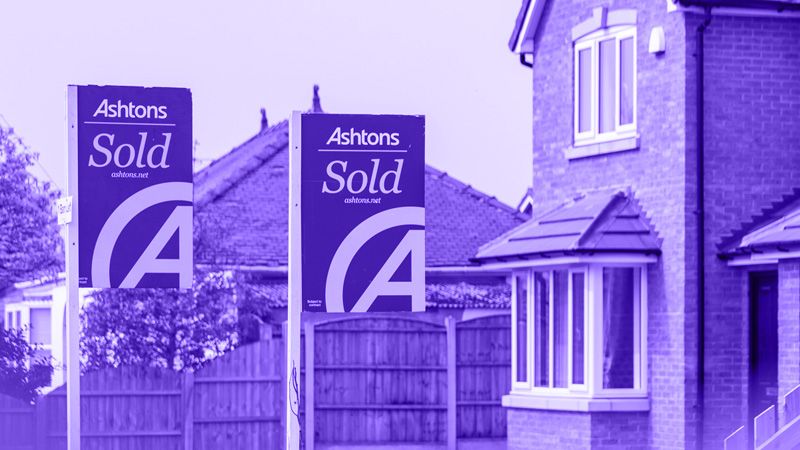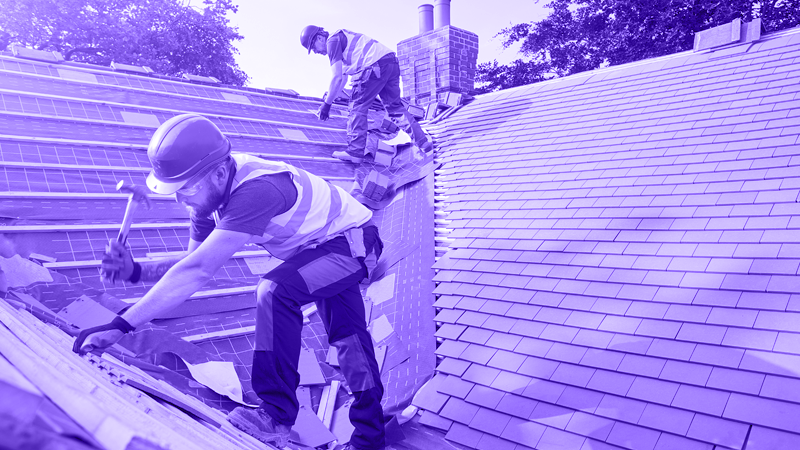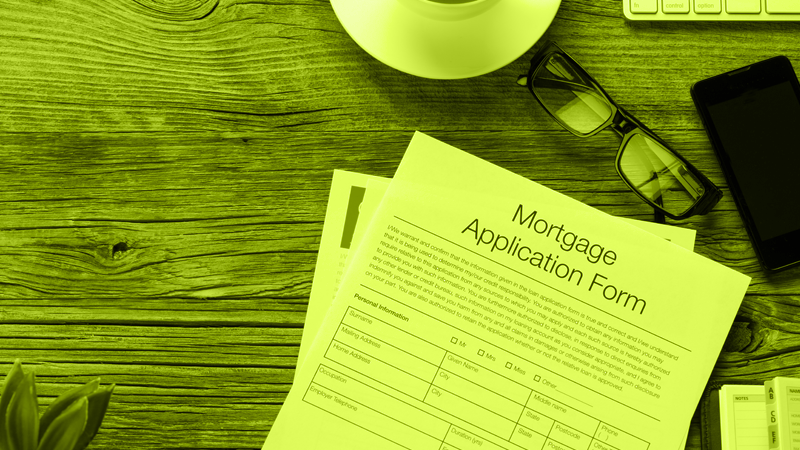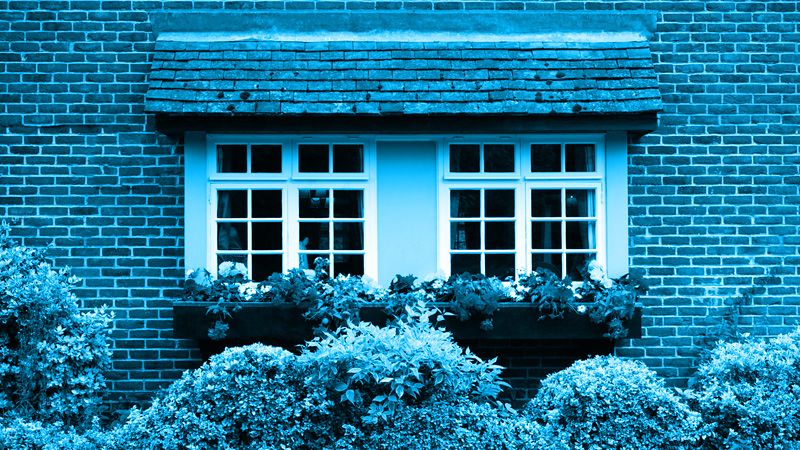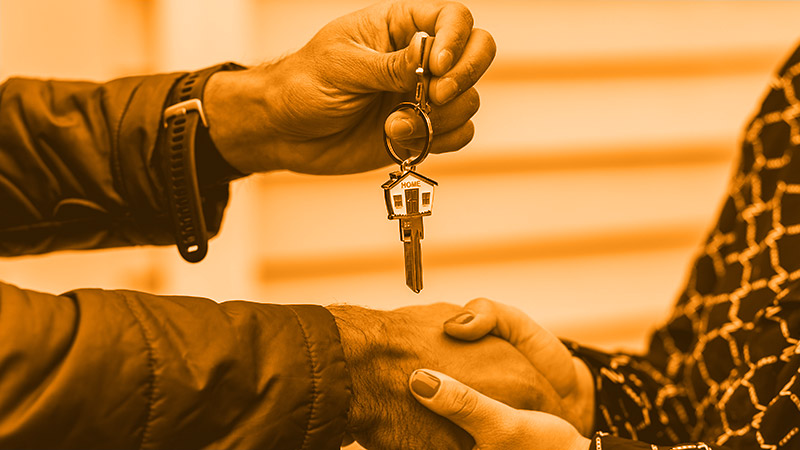Let’s be realistic; buying property in the United Kingdom can be confusing enough as it is, and then there are taxes and stamp duties and all other kinds of legalities to think about.
Many people already own their first property in the country or abroad, and once they’ve bought their second property, things get a little tricky. What taxes and stamp duties to pay can be a little overwhelming.
There seems to be some confusion about stamp duties and property tax on second homes in the UK.
And, of course, with the plethora of stamp duty rates out there, determining what you have to pay can be pretty challenging.
This brief guide provides an overview of everything you should know regarding stamp duties on your second property.
Understanding your responsibilities and obligations regarding stamp duties and taxes is important as a property owner – whether you decide to own one or two or even more properties.
This article looks at what stamp duties are, how they are calculated and how they can impact different scenarios in the property ownership world.
Second Home Stamp Duty UK
Here’s a quick overview of the important information you need to know:
Does all Property Come with Stamp Duties in the UK?
Any and every property or land over a certain value that’s purchased in the United Kingdom comes with stamp duty land tax attached. To pay stamp duties, your property must cost over £125,000.
This law came into effect on the 1st of October 2021, meaning that it impacts any properties purchased from that date onwards.
However, there are instances where buyers are exempt from duties only if they qualify for first-time buyers relief.
Stamp Duty Relief Second Home
When Do You Get Second Home Stamp Duty Exemption?
You’re only exempt from the Stamp Duty on a second home if you meet the following criteria:
- You purchase a property valued under £40,000, or the share of the property you buy is valued under £40,000.
- You buy a caravan, mobile home or house boat.
The good news is that even if you find that you are not exempt from stamp duty, you may be able to claim it back.
For instance, if you bought a new property without selling your first, in affect you have bought a second home. As a result, you would have paid stamp duty on the second home e.g. the basic rate plus 3%.
Therefore, if you sell the property within 3 years of buying the new one, you may be eligible for a refund on the 3% surcharge.
What is First-Time Buyer Relief?
Of course, anyone getting into the property market wants to take advantage of any perks and advantages that they can, and buyers relief is a sought after one. What is first-time buyer relief? In the UK, first-time buyers may qualify for relief on stamp duties.
For instance, if you’re buying your very first property, there is no stamp duty on properties up to £300,000. If your first property costs more than that, you will have to pay stamp duties at a discounted rate on a property up to £500,000.
What Stamp Duty is Charged on My Main Residence?
If you’re purchasing a property that will be your sole residence, you will need to pay a standard stamp duty rate. You can find more information on the stamp duty rates in the table further down in this article.
What is the stamp duty on a second home?
Homes bought to serve as a second home or buy-to-let property come with a standard stamp duty plus a 3% surcharge on each band.
What if My First Property is a Holiday Property – Will I Still Pay Stamp Duties on My Second Residential Home?
Even if your current first property is abroad, serving as a holiday home, you will pay the surcharge when buying a property in the UK, whether it is for residential purposes or otherwise.
How do Stamp Duties Work if I am Not the Sole Owner of the Property?
Even if you’re not an outright owner of your existing property, you will still need to pay additional stamp duty on a new property that you buy. That means you pay additional stamp duties on a freehold, shared ownership, leasehold, or even as a joint owner of existing property.
What if I am Given Property? Will I Still Pay Stamp Duties?
Ownership of a property does not only refer to actually paying for the property yourself. Whether you are gifted the property or receive it as part of an inheritance – you are still seen as the “owner” and will therefore need to pay duties on the second property.
What Are the Stamp Duty Rates?
Knowing the stamp duty rates is important as a property investor or owner as it will impact the final amount of money you pay on a property. It’s important to remember that the stamp duty is calculated on the property price – it is not included in the property price.
Stamp duties are based on various different rate bands, and the tax you pay is calculated on the portion of the property’s price that falls within each of those various bands. Take a look at a stamp duty example below:
Scenario: You purchase a home that costs £350,000. In this case, you can expect to be charged stamp duty land tax as follows (these are the calculations).
- On the first £125,000: you pay 0%, which is £0.
- On amounts between £125,000 and £250,000: you pay 2%, which is £2,500.
- On amounts between £250,000 and £350,000: you pay 5%, which is £5,000.
The total stamp duty land tax that you will pay on this particular property purchase is £7,500.
The Stamp Duty Rates to Expect in the UK
Min property price Max property price Stamp duty tax rate
- £0 £125,000 0%
- £125,001 £250,000 2%
- £250,001 £925,000 5%
- £925,001 £1.5 million 10%
- More than £1.5 million 12%
What are the Stamp Duties for Non-Residents?
Suppose you’re a non-UK resident and have your heart set on buying residential property in either Northern Ireland or England.
In that case, you can expect to pay a further 2% on the existing stamp duty tax rate on any property that costs more than £40,000. There are additional rules for stamp duties for non-residents that can be found on the UK government website.
Getting Stamp Duty Refunds
You may think getting a refund on stamp duties seems impossible, but it’s not – you just need to know what the process is and what qualifies you as a candidate to request a refund.
There are instances where you may find yourself needing a refund on stamp duties that you have paid. Let’s say, for example, that you’re in the market for a new property.
You find the perfect property and snap it up quickly – you don’t want to lose it to anyone else.
The only problem is that in the urgency to ensure you don’t miss out on the property you want; you’ve experienced a delay in selling your previous property, which is your main residence.
As a result, you now own two properties, and you will have to pay the higher stamp duty rates.
So, what happens if you sell or gift your property to another person?
In the event that you do sell or happen to give away your previous main home within three years of the purchase of the second home, you can get a refund on the higher stamp duty land tax rate portion of your stamp duty bill.
If the stamp duty amount is above normal, you can claim a refund on the amount that’s higher only if the following scenarios are at play:
- The previous property is sold within three years.
- You process the claim for your refund within one year of the sale of your previous property.
- You process the claim within one year of the stamp duty land tax return filing date.
Stamp Duty on Second Homes Final Thoughts
While stamp duties can seem confusing or complex, to begin with, taking the time to understand how it works will make all the difference.
Using the information above, you can confidently understand the stamp duty charges that are raised on your home or property.
If you’re in the market for a second property, it’s best to go into it, understanding the complexities and being accurately informed.


